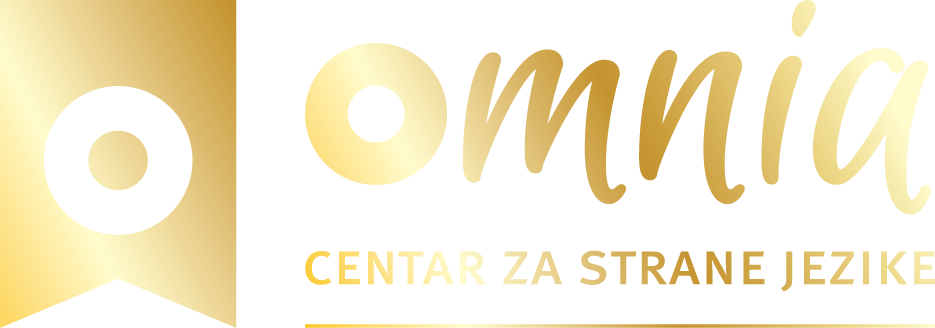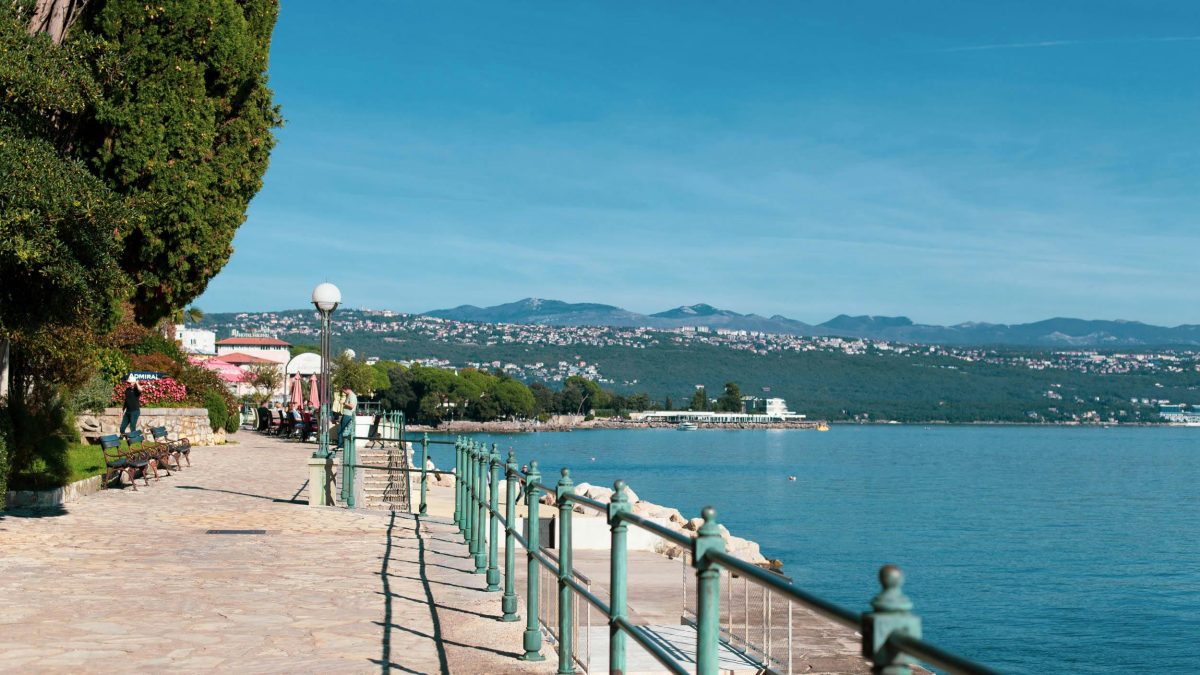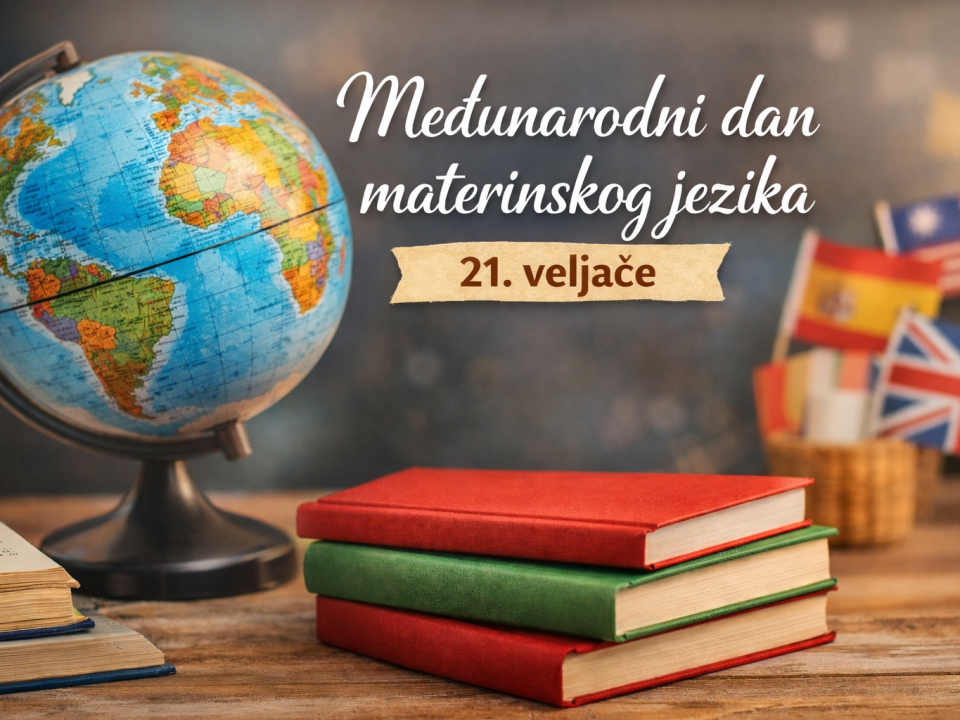
Rani upisi na tečajeve engleskog jezika za djecu u školskoj godini 2025./2026.
23. svibnja 2025.
Najkorisnije fraze za svakodnevnu komunikaciju na engleskom jeziku
26. svibnja 2025.When learning Croatian, one of the essential skills is describing people, objects, and places. Adjectives are the words that allow us to do this. In Croatian, adjectives must agree with the noun they describe in gender, number, and case. This guide introduces you to the basics of Croatian adjectives, providing practical examples to help you confidently form descriptive sentences.
Understanding Croatian Adjectives
In Croatian, adjectives (pridjevi) change form to match the noun they describe. This agreement occurs in three aspects:
- Gender: masculine, feminine, or neuter
- Number: singular or plural
- Case: the grammatical role of the noun in the sentence (subject, object, etc.)
For beginners, focusing on the nominative case (used for the subject of a sentence) is a good starting point.
Gender Agreement
Adjectives change their endings based on the gender of the noun:
| Gender | Example Adjective | Example Noun Phrase | English Translation |
|---|---|---|---|
| Masculine | velik (big) | velik grad | big city |
| Feminine | velika | velika kuća | big house |
| Neuter | veliko | veliko more | big sea |
Note: The adjective “velik” changes to “velika” for feminine nouns and “veliko” for neuter nouns.
Number Agreement
Adjectives also change form depending on whether the noun is singular or plural:
| Number | Masculine Example | Feminine Example | Neuter Example |
|---|---|---|---|
| Singular | velik pas (big dog) | velika knjiga (big book) | veliko dijete (big child) |
| Plural | veliki psi (big dogs) | velike knjige (big books) | velika djeca (big children) |
Note: “Dijete” (child) is a neuter noun, and its plural form is “djeca.”
Common Croatian Adjectives
Here is a list of commonly used Croatian adjectives:
| English | Masculine | Feminine | Neuter |
|---|---|---|---|
| good | dobar | dobra | dobro |
| bad | loš | loša | loše |
| new | nov | nova | novo |
| old | star | stara | staro |
| small | mali | mala | malo |
| big | velik | velika | veliko |
| beautiful | lijep | lijepa | lijepo |
| ugly | ružan | ružna | ružno |
| happy | sretan | sretna | sretno |
| sad | tužan | tužna | tužno |
Note: Some adjectives have irregular forms and may undergo stem changes when declined.
Using Adjectives in Sentences
Here are some examples of how adjectives are used in Croatian sentences:
- Masculine Singular:
- On je dobar učitelj.
(He is a good teacher.)
- On je dobar učitelj.
- Feminine Singular:
- Ona je lijepa žena.
(She is a beautiful woman.)
- Ona je lijepa žena.
- Neuter Singular:
- To je novo računalo.
(That is a new computer.)
- To je novo računalo.
- Masculine Plural:
- Oni su stari prijatelji.
(They are old friends.)
- Oni su stari prijatelji.
- Feminine Plural:
- One su sretne djevojke.
(They are happy girls.)
- One su sretne djevojke.
Practical Tips for Beginners
- Start with the nominative case: Focus on learning adjective-noun agreements in the nominative case before moving on to other cases.
- Learn adjective endings: Familiarize yourself with the typical adjective endings for each gender and number.
- Practice with common nouns: Use everyday nouns to practice forming adjective-noun pairs.
- Use flashcards: Create flashcards with adjectives and nouns to test your understanding of agreements.
Conclusion
Mastering Croatian adjectives is a crucial step in building your language skills. By understanding how adjectives agree with nouns in gender and number, you can start forming descriptive sentences and expressing yourself more clearly. Practice regularly, and you’ll find that using adjectives becomes second nature.
Ready to take your Croatian to the next level?
➡️ Join our Beginner Croatian Course (A1.1) — enrollment is open now!




